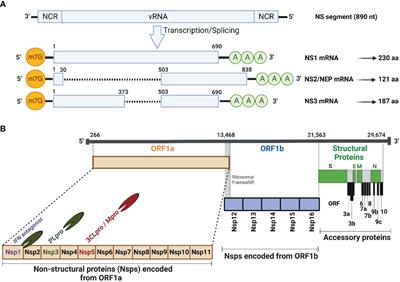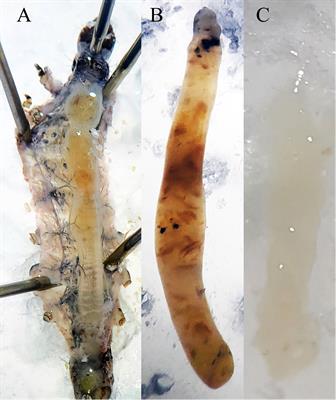ORIGINAL RESEARCH
Published on 12 Dec 2024
MMP-3 and TIMP-1 as prognostic biomarkers in VZV-induced retinal necrosis
doi 10.3389/fcimb.2024.1502912
- 410 views
2,148
Total downloads
24k
Total views and downloads
You will be redirected to our submission process.
ORIGINAL RESEARCH
Published on 12 Dec 2024
ORIGINAL RESEARCH
Published on 28 Oct 2024
REVIEW
Published on 05 Feb 2024

ORIGINAL RESEARCH
Published on 21 Nov 2023

